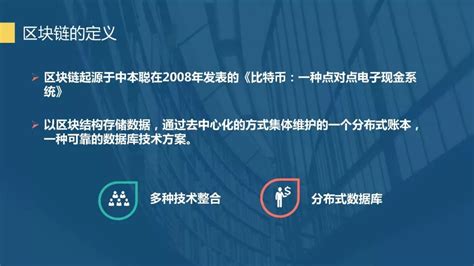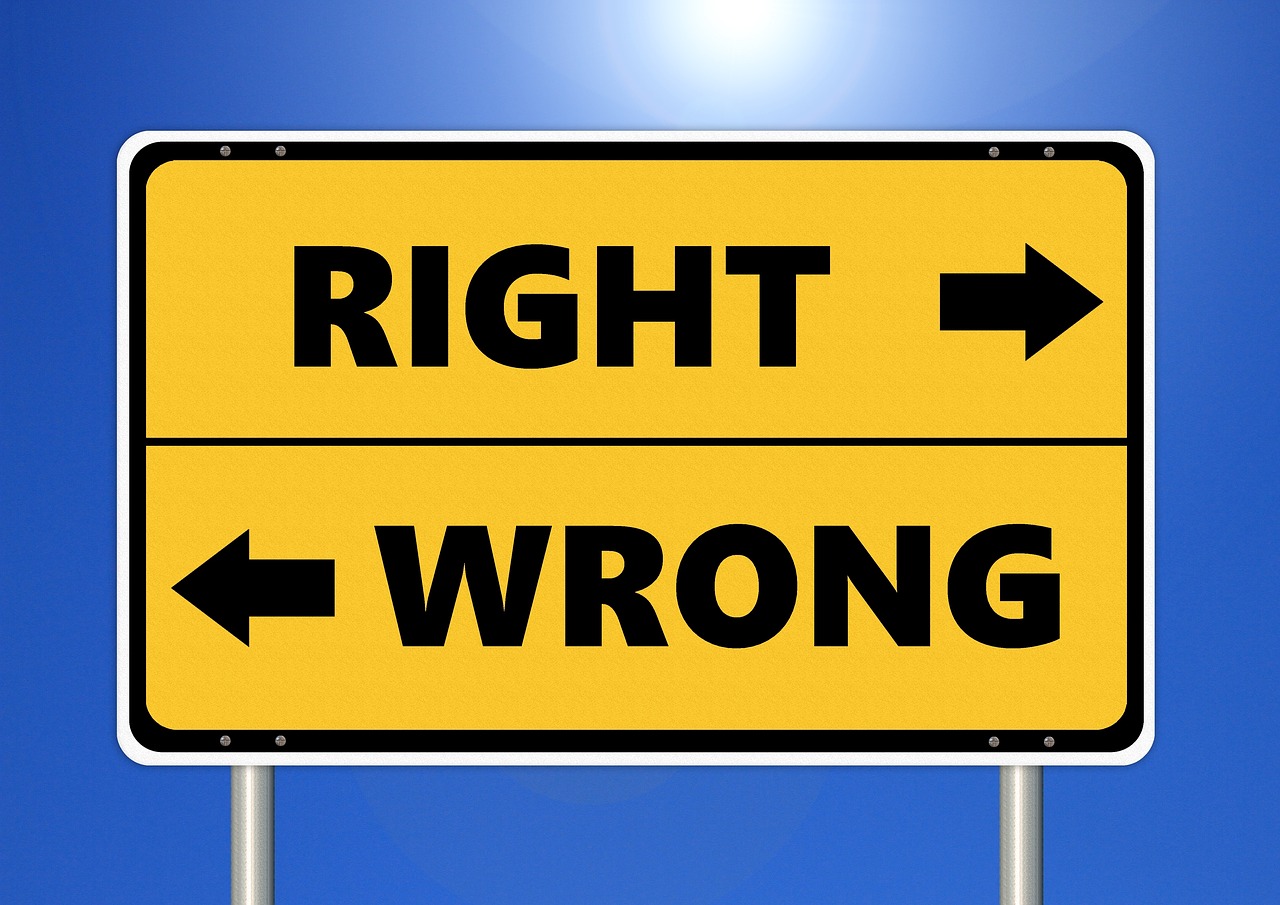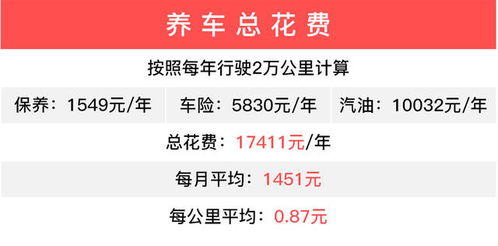区块链工程好找工作吗
Title: Exploring Careers in Blockchain: Roles and Responsibilities
The blockchain industry has rapidly evolved beyond its origins as the technology underlying cryptocurrencies like Bitcoin. Today, blockchain technology is being applied across various sectors, revolutionizing industries such as finance, supply chain management, healthcare, and more. With this expansion comes a diverse range of career opportunities for individuals with different skill sets and interests.
Blockchain developers are responsible for designing, implementing, and maintaining blockchain solutions. They must possess strong programming skills and expertise in blockchain platforms and languages such as Solidity (for Ethereum), C , and Java. Their duties include:
- Writing smart contracts
- Developing decentralized applications (DApps)
- Integrating blockchain with existing systems
- Optimizing blockchain performance
Blockchain architects design the overall structure and functionality of blockchain systems. They collaborate with stakeholders to understand business requirements and translate them into technical specifications. Key responsibilities include:
- Designing blockchain protocols
- Creating consensus mechanisms
- Defining data structures
- Evaluating security measures

Blockchain analysts examine blockchain data to extract insights and identify trends. They play a crucial role in ensuring the integrity and security of blockchain networks. Their tasks involve:
- Conducting data analysis
- Monitoring transactions
- Detecting anomalies or fraudulent activities
- Implementing compliance measures
Blockchain consultants provide expert guidance to organizations seeking to adopt blockchain technology. They assess the feasibility of blockchain solutions, develop implementation strategies, and offer recommendations for optimizing processes. Their responsibilities include:
- Conducting market research
- Assessing business requirements
- Identifying use cases
- Providing training and support
Blockchain project managers oversee the planning, execution, and delivery of blockchain projects. They coordinate crossfunctional teams, manage timelines and budgets, and ensure that projects align with organizational goals. Their duties encompass:
- Creating project plans
- Assigning tasks
- Tracking progress
- Managing risks and issues
Blockchain legal experts specialize in the legal and regulatory aspects of blockchain technology. They advise clients on compliance requirements, intellectual property rights, and contractual matters related to blockchain projects. Their tasks include:
- Drafting legal documents
- Assessing regulatory risks
- Resolving disputes
- Ensuring compliance with data protection laws
The field of blockchain offers diverse and exciting career opportunities for individuals with a passion for technology and innovation. Whether you're a developer, analyst, consultant, or legal expert, there's a role for you in shaping the future of blockchain technology. By acquiring the necessary skills and staying abreast of industry developments, you can embark on a rewarding career in this rapidly evolving field.











